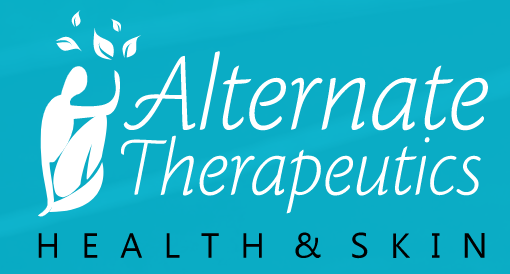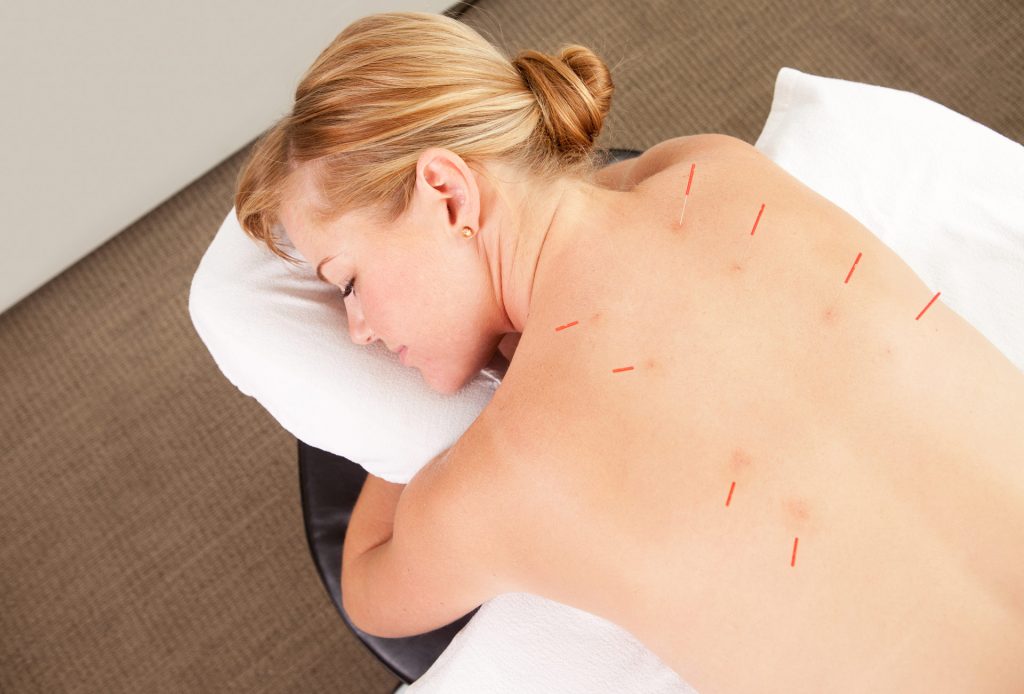Both acupuncture and dry needling involve placing needles at specific points in the body, however there are vast differences.
Acupuncturists study for a minimum of 4 years and are registered with the Chinese Medicine Board of Australia. Acupuncture follows a holistic approach to your health and wellbeing.
Dry needling focuses only on the affected area. Click here for more information.
What is acupuncture exactly? People often turn to this ancient drug-free therapeutic service for improved health and wellbeing. One of the most important concepts of Traditional Chinese Medicine is that of Qi, the vital force or energy that flows through a system of channels in the body known as the Meridians.
The goal of acupuncture is to establish healthy body function by restoring the natural circulation of energy, or Qi. Acupuncture is using a sterile single use fine needle (approximately 0.2mm diameter) that is inserted into the skin. Once the needle is inserted it is stimulated at various depths and points around the body creating therapeutic effects. Hydro – Acupuncture (point injection) is needling therapy by injecting sodium chloride into various points on the body.
What are some of the more common complaints acupuncture may help with? Acupuncture may assist with more common complaints or health issues such as muscle and joint pain, respiratory complaints, skin issues, headaches, chronic pain, arthritis, sports injuries, depression, fatigue & insomnia, stress & anxiety.
Love the therapeutic effects. Alternate Therapeutics Atherton Clinic’s traditional Chinese medicine Practitioner is registered with AHPRA (Australian Health Practitioner Regulation Agency), the Australian Acupuncture & Chinese Medicine Association and the Chinese Medical Board of Australia.

